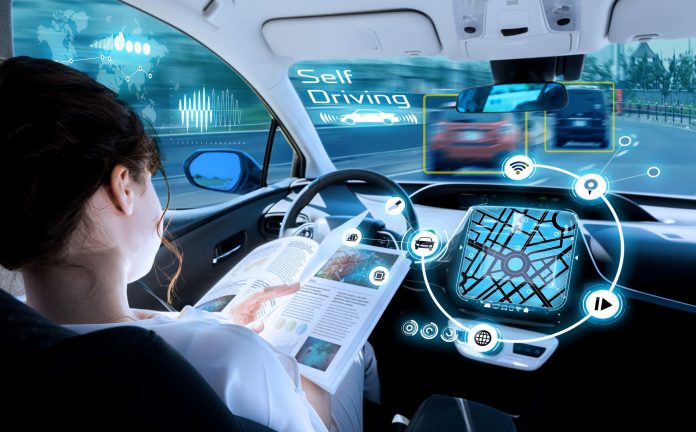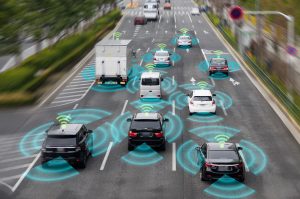A day can’t go by without perhaps hearing about artificial intelligence (AI), a technology that uses algorithms and data to imitate human thinking or decision-making. This technology is quickly being adopted in many sectors, and the automotive industry hasn’t been left behind. This is probably not surprising as the automotive industry is famed for adopting the latest technologies. This allows cutting the cost of production while simultaneously incorporating innovative, efficient, and safe cars for use by drivers.
If you’re searching to know how this innovation has impacted the automotive industry, look no further. Here’s a great post to read highlighting the effect AI has had on car technology.
- Launch Of Autonomous Cars
The talk of self-driving or autonomous vehicles has got everyone excited—from industry players to customers to governments. This may not be shocking as this technology is expected to have a great impact, such as in improving road safety. With humans responsible for around 90% of road accidents, autonomous cars could make the roads a lot safer for every user.
Many technology companies have been pumping in huge sums of money to make self-driving cars a reality. The technologies integrated into these autonomous cars include gesture-control features, natural language processing, and learning neural networks. They also include 360-degree cameras, sensors, and lasers. These features act as the car’s brain, enabling it to effortlessly guide itself with or without human intervention.
- AI Use In Car Manufacturing
Automobile companies are always searching for ways to streamline car manufacturing. One way of achieving this is through AI, which has been impacting both the roads and the factories building these cars. An example of AI technology being used in car manufacturing is the automated guided vehicle (AGV). AGVs can recognize loaded items, change their routes, and then deliver materials to different areas of an automotive factory. Another example of AI use is smart and wearable robots utilized in vehicle assembly operations.
Integrating AI into the manufacturing process has helped hasten this whole process and makes it a lot more efficient. The use of AI technology means you enjoy peace of mind as a manager as you don’t have to worry about workers doing their duties as expected. You can also monitor the production process remotely, enabling you to see what’s happening without actually being there. AI technology, moreover, lowers waste quantity from start to finish.
Therefore, AI technology could help achieve a leaner supply chain, thanks to its accurate forecasting and inventory tracking. This way, supply and demand are equal, ensuring no stock goes to waste.
- Driver Assist
Sometimes all that drivers need is assistance while on the road, either due to inexperience or fatigue. AI is helping achieve exactly this, thanks to the advanced driver-assist technology integrated into modern vehicles and trucks. The different types of driver-assist features include lane departure warning, driver drowsiness detection, and automatic braking.
The AI system does this by doing several functions such as:
- Helping with the steering
- Checking for blind spots that may be in the driver’s view
- Preventing dangerous conditions or accidents by taking automated actions
- Notifying the driver of risky road conditions
All this goes a long way in enhancing your safety as a driver while on the road. Consequently, it ensures the safety of other road users, too.
- Fewer Quality Issues
Quality control is vital to ensure a car is of acceptable quality before use. This task is usually done by human workers, who are likely to cause errors, aside from being slow. But this may no longer be a cause of concern with AI to test different variables. It also ascertains uniformity is attained by ensuring everything is in check, such as painted vehicle bodies, machined parts, or other car parts.
AI technology also helps lower the likelihood of any defect as they’re 90% more accurate than humans. It does this by recognizing the root cause of any issue, consequently helping to enhance the overall process of production.
- Automotive Insurance
The insurance sector hasn’t been left out and has been quick to implement AI. The connected vehicles use AI to assist in real-time risk assessment and design personalized insurance plans, depending on the compiled records of the driver. It also helps hasten the process of filing for compensation after an accident.
Takeaway
Many automotive industry players have embraced AI technology and see it as an excellent opportunity for further advancements. But knowing all this might be confusing for the ordinary individual. Luckily, this article has sought to answer everything relating to how AI has affected car technology. Hopefully, you now understand why this technology promises to attain continuous advances.












